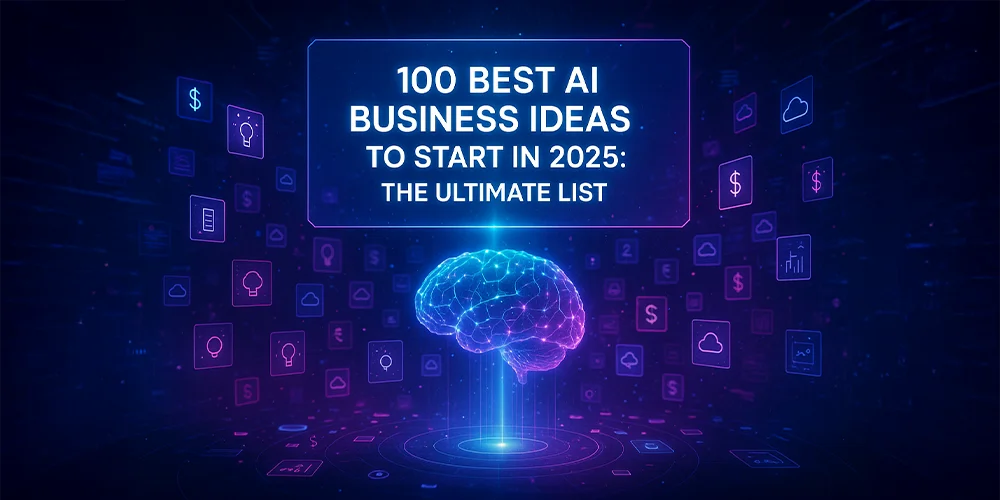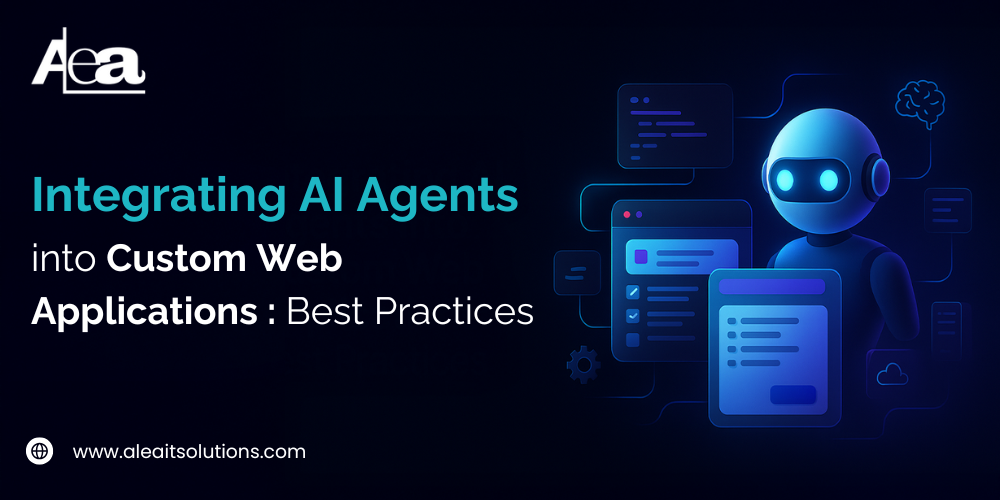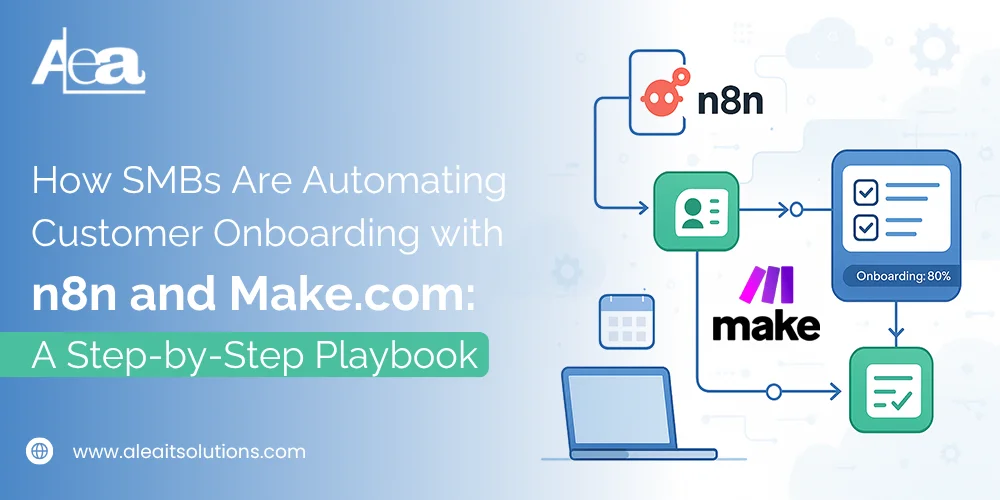“BI is about providing the right data at the right time to the right people so that they can take the right decisions.”
The processes, tools, and technologies required to convert the data into information, information into knowledge, and the knowledge into the plans that drive the action of profitable businesses. Business Intelligence is enclosed with data warehousing, proper knowledge management, and business analytics.
Business Intelligence can be further defined as the business knowledge gained through the use of different technologies of hardware and software enabling organizations to convert data into information.
Software and services are being leveraged by the Business Intelligence for transforming data into actionable intelligence informing about the strategies of the organizations and tactics decisions made by the business. Tools of Business Intelligence are used to acquire and analyze the data sets and present the analytical findings in summaries, reports, dashboards, graphs, maps, and charts for providing detailed intelligence to the users about the business state.
Business users are not being told about the business Intelligence of what is to be done and what will be happened if a certain course is being taken. Business Intelligence is neither just about generating reports, rather Business Intelligence provides a way of examining the data for understanding the trends and driving the insights to the people.
At a very fast speed, the future of Business Intelligence is coming into the process, especially when people started talking about the advancements coming into the technologies. There are no exceptions in the future of Business Intelligence. Though the introduction of Business Intelligence was not long ago for us, the evolution of business Intelligence is preceding at a very fast speed. Game-changing use cases and stories of success continued to emerge, so came out with new and great ideas for enhancement, functions for next-level analytics, and innovations.
Acceleration and improvement in decision-making, increased operational efficiency, driving new revenues, optimized internal processes of business, and gaining a competitive advantage over business rivals are some of the potential advantages of the tools of Business Intelligence. Systems of Business Intelligence help companies for identifying marketing trends and spotting the problems of the business that are needed to be addressed.
Historical information which is stored in the data warehouse, also the gathered new data being generated from the source systems are included in the business Intelligence making the tools enable the business Intelligence to support both the strategic and the tactical processes of decision making.
Primarily Data analysts used the tools of Business Intelligence and also IT professionals run analyses and produce reports with the query results for the users of the business. However, Business Intelligence platforms are themselves being used up by Business executives and workers thanks to the development of business Intelligence self-service and data discovery tools and dashboards.
Sometimes business Intelligence and Business analytics are used interchangeably, having alternate definitions. Contrasting the two definitions, Business Intelligence states that collecting the data for the business for finding the information through asking the questions primarily, reporting, and online analytics processes. Therefore, on the other hand, Business Analytics can be defined as the use of statistical and quantitative tools for explanatory and predictive modeling.




